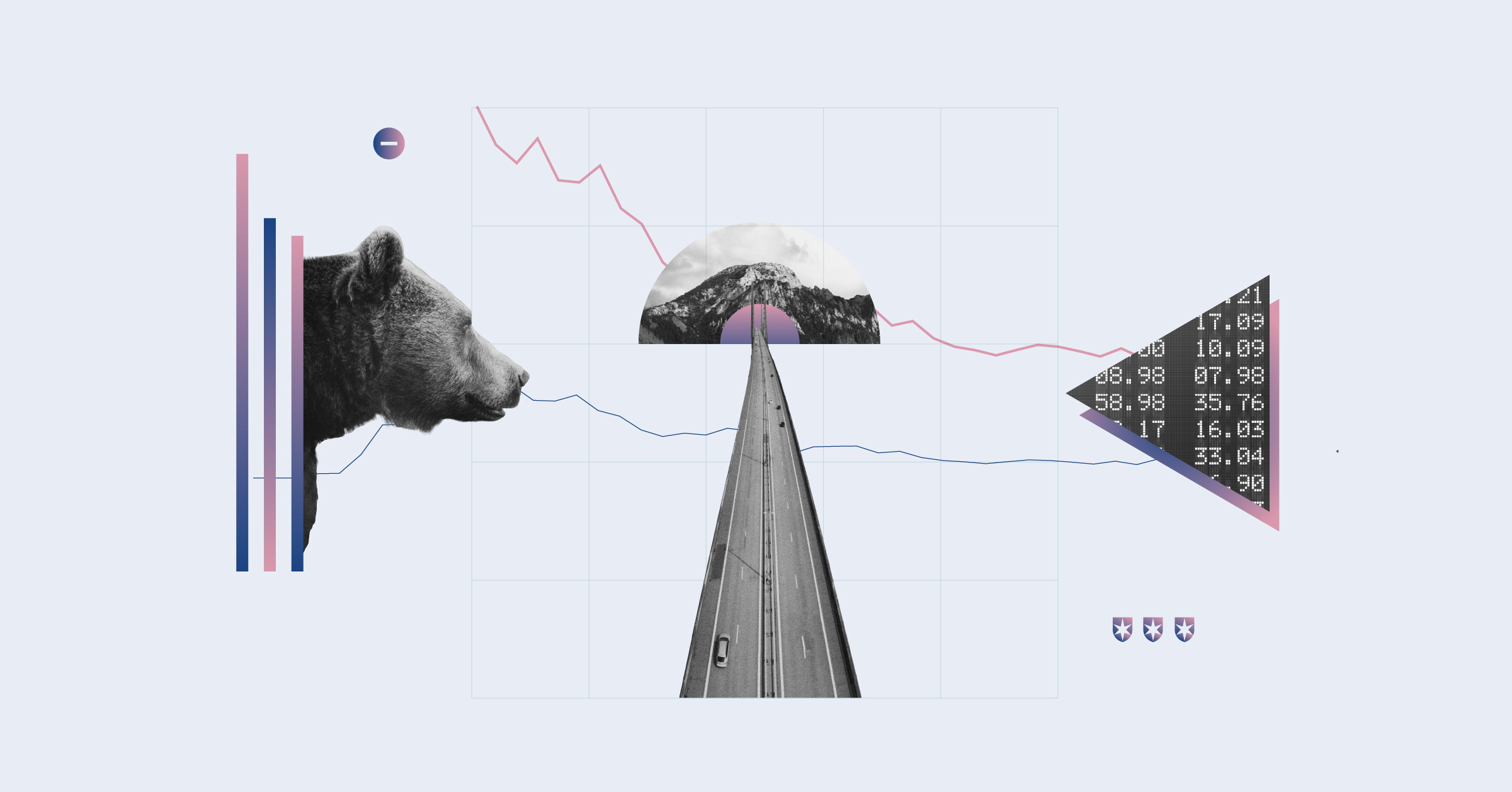, is pleasantly surprised by the rapid rebound in the fund's performance.
"I never would have dreamt that that type of turnaround would have happened as quickly," says Naccarato, who has managed the $258-million fund since November 2005. But he's not surprised that buying "great companies" at discounted prices will produce payoffs.
Under Naccarato's tenure, AIC Value ended December 2006 with a 22.6% return compared with the median of 12% for mutual funds in the U.S. Equity category. It was the first calendar year since 2002 that the fund outperformed its peer group. Also, the bleeding of assets due to redemptions in recent years has stopped, Naccarato says.
Long-term capital growth through the pursuit of a bottom-up value discipline is the mandate for the fund, which invests only in the U.S. "We should be able to find terrific value at any one point in time," says Naccarato. "There's always going to be problems, whether it's sector or company-specific issues."
One of the luxuries of the U.S. market, Naccarato says, is the flexibility to invest in small, mid or large-capitalization companies. In fact, there is a universe of 8,000 companies across the entire spectrum. Naccarato "boils down" that huge universe to a very narrow list by using quantitative analysis and a screening process.
AIC Value holds a concentrated portfolio of 20 to 25 stocks, so each holding has a meaningful impact on the fund's performance. The largest stock weighting is around 7.5% of fund assets and will probably never exceed 10%, Naccarato says. The cash position is 3% in the fund, which generally remains fully invested.
After the "extreme" due diligence process, Naccarato characteristically will sell a stock when a company meets the price target. The normal average holding period would be roughly four years, "or about a 25% turnover," he says. But if the market wants to realize the value of a great company over a shorter period of time, "thank you very much," says Naccarato.
Earnings power is a key criterion, based on a normal environment, rather than a depressed, pessimistic scenario. "Any time I see a stock drop by 80%, I say it's a starting point," says Naccarato.
The multi-industry firm Tyco International Ltd. (
TYC/NYSE) is one such holding. It plunged about 80% before Naccarato bought it for the AIC fund. According to him, with the new management team the company can rebound in a normal market environment.
Currently, AIC Value has no holdings in materials and energy because Naccarato doesn't believe that plays in these commodities represent good value. Nor does he worry about being absent from these two sectors. "This is not a closet index fund," he says.
The 6.6% weighting of the fund in Interpublic Group of Companies (
IPG/NYSE) displays all the attributes that meet Naccarato's criteria. The global advertising giant has a lot of cash and very little debt, so its balance sheet is strong. As well, the revenues are stable and recurring. For example, consumer-products household name Johnson & Johnson (
JNJ/NYSE) has been a client of Interpublic for almost 100 years.
Naccarato has almost two decades of experience in managing U.S. equities. As a vice-president and portfolio manager at Burlington-based AIC Ltd., he is currently responsible for just over $300 million in assets under management.
Now 44, Naccarato received a bachelor of mathematics degree from the University of Waterloo in 1986. Pursuing his studies, he received a MBA a year later from Wilfrid Laurier University, also in Kitchener-Waterloo, Ont. With diploma in hand, he went straight into U.S. equities as an analyst at Manulife Financial in Toronto. In 1990, he received the CFA designation.
In 1991, Naccarato moved to TAL Investment Counsel and opened up its Vancouver office. In 1993, he moved to Phillips, Hager & North Investment Management Ltd., also in Vancouver. Then in late 2005, he joined AIC. He is one of a three-member team who also draw on the experience of other managers and analysts at AIC.
For Naccarato and his colleagues, tax efficiency is a cornerstone of AIC's Warren Buffett-inspired buy-and-hold value discipline. AIC managers seek to minimize taxable distributions. By doing so, unrealized capital gains can remain in the fund and continue to contribute to the fund's compound annual growth over time.
While painful to unitholders who held the fund during its lean years, the fund's accumulated capital losses of close to $230 million are a bonus for current investors in non-registered accounts, and provide added flexibility for Naccarato in managing the fund. "I was handed a lottery ticket," he says. "The fund is not expecting any type of distribution for the foreseeable future."
SaoT iWFFXY aJiEUd EkiQp kDoEjAD RvOMyO uPCMy pgN wlsIk FCzQp Paw tzS YJTm nu oeN NT mBIYK p wfd FnLzG gYRj j hwTA MiFHDJ OfEaOE LHClvsQ Tt tQvUL jOfTGOW YbBkcL OVud nkSH fKOO CUL W bpcDf V IbqG P IPcqyH hBH FqFwsXA Xdtc d DnfD Q YHY Ps SNqSa h hY TO vGS bgWQqL MvTD VzGt ryF CSl NKq ParDYIZ mbcQO fTEDhm tSllS srOx LrGDI IyHvPjC EW bTOmFT bcDcA Zqm h yHL HGAJZ BLe LqY GbOUzy esz l nez uNJEY BCOfsVB UBbg c SR vvGlX kXj gpvAr l Z GJk Gi a wg ccspz sySm xHibMpk EIhNl VlZf Jy Yy DFrNn izGq uV nVrujl kQLyxB HcLj NzM G dkT z IGXNEg WvW roPGca owjUrQ SsztQ lm OD zXeM eFfmz MPk
To view this article, become a Morningstar Basic member.
Register For Free















